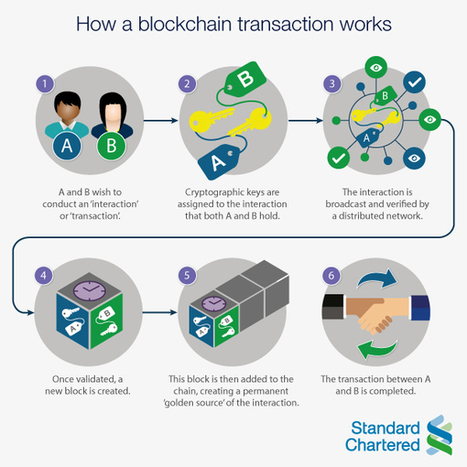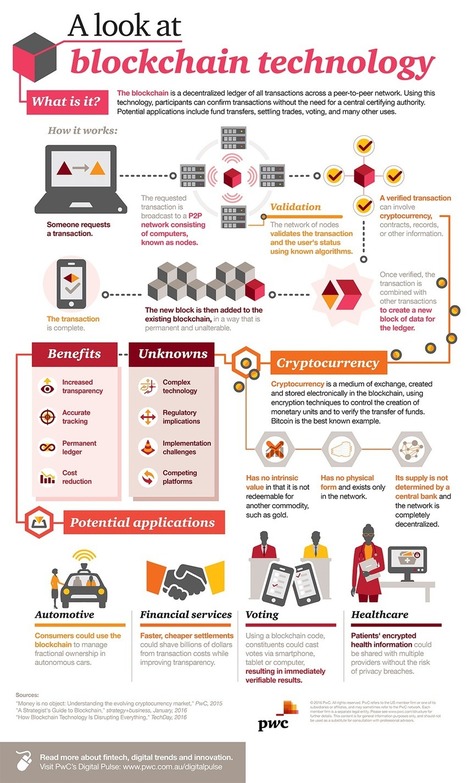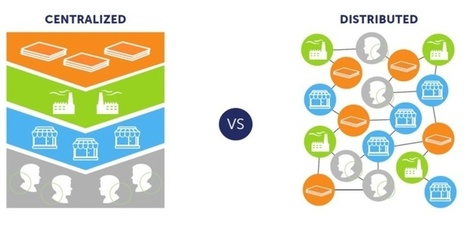Artificial Intelligence, Machine Learning, and Deep Learning are revolutionizing the financial technology industry.
Machine Learning and Deep Learning are a growing and diverse fields of Artificial Intelligence (AI) which studies algorithms that are capable of automatically learning from data and making predictions based on data. Machine Learning and Deep Learning are two of the most exciting technological areas of AI today. Each week there are new advancements, new technologies, new applications, and new opportunities. It’s inspiring, but also overwhelming. That’s why we created this guide to help you keep pace with all these exciting developments. Whether you’re currently employed in the fintech industry, working with Produvia or just pursuing an interest in the subject, there will always be something here to inspire you!
AI Research in FinTech
In order to take advantage of exponential power of artificial intelligence, research is the first place to look. Luckily, we have done the hard work and compiled our favourite research papers as it relates to financial industry.
Learn more / En savoir plus / Mehr erfahren:
https://www.scoop.it/t/21st-century-learning-and-teaching/?&tag=AI
https://www.scoop.it/t/21st-century-learning-and-teaching/?&tag=Fintech



 Your new post is loading...
Your new post is loading...


















Artificial Intelligence, Machine Learning, and Deep Learning are revolutionizing the financial technology industry.
Machine Learning and Deep Learning are a growing and diverse fields of Artificial Intelligence (AI) which studies algorithms that are capable of automatically learning from data and making predictions based on data. Machine Learning and Deep Learning are two of the most exciting technological areas of AI today. Each week there are new advancements, new technologies, new applications, and new opportunities. It’s inspiring, but also overwhelming. That’s why we created this guide to help you keep pace with all these exciting developments. Whether you’re currently employed in the fintech industry, working with Produvia or just pursuing an interest in the subject, there will always be something here to inspire you!
AI Research in FinTech
In order to take advantage of exponential power of artificial intelligence, research is the first place to look. Luckily, we have done the hard work and compiled our favourite research papers as it relates to financial industry.
Learn more / En savoir plus / Mehr erfahren:
https://www.scoop.it/t/21st-century-learning-and-teaching/?&tag=AI
https://www.scoop.it/t/21st-century-learning-and-teaching/?&tag=Fintech